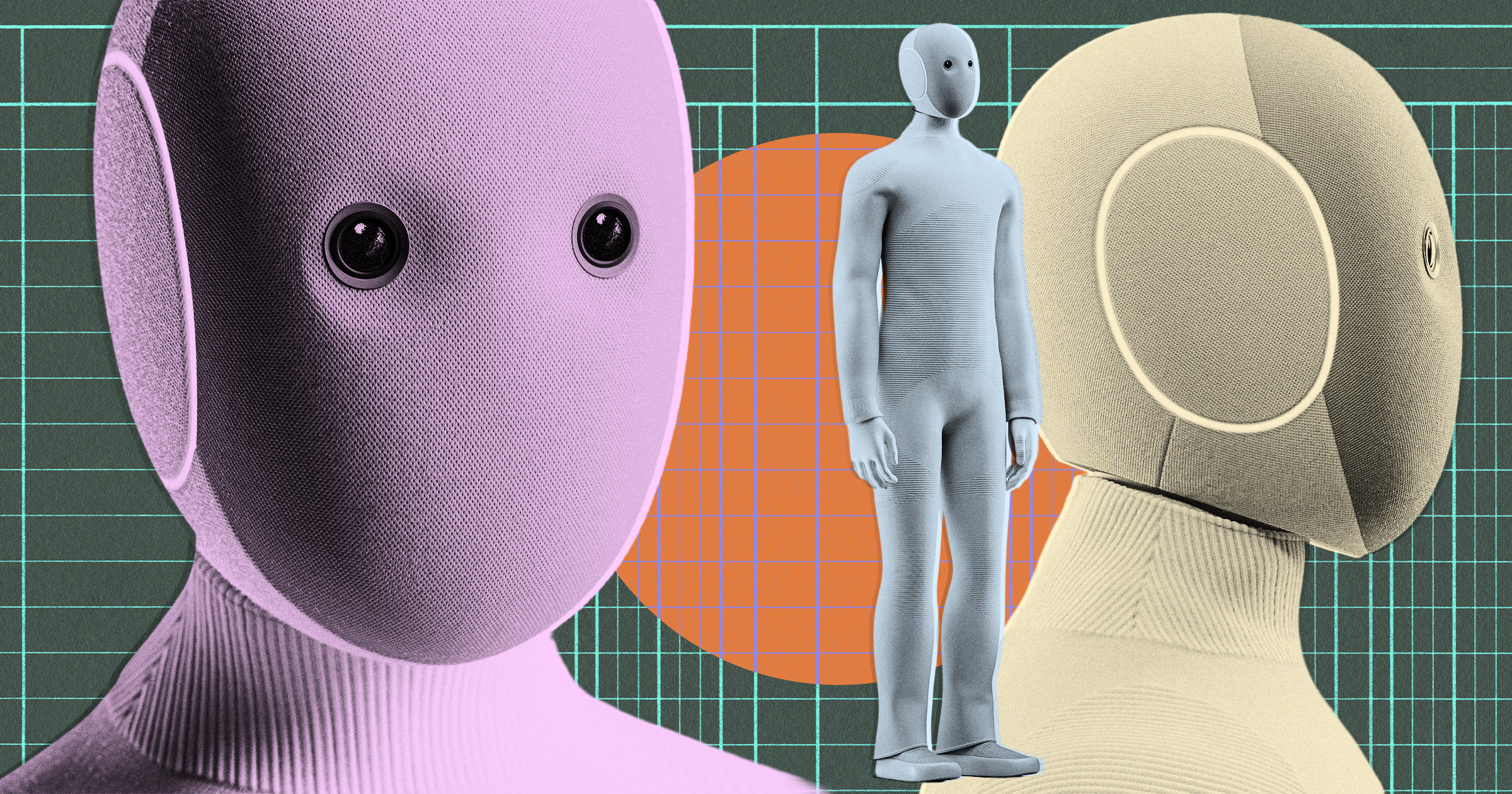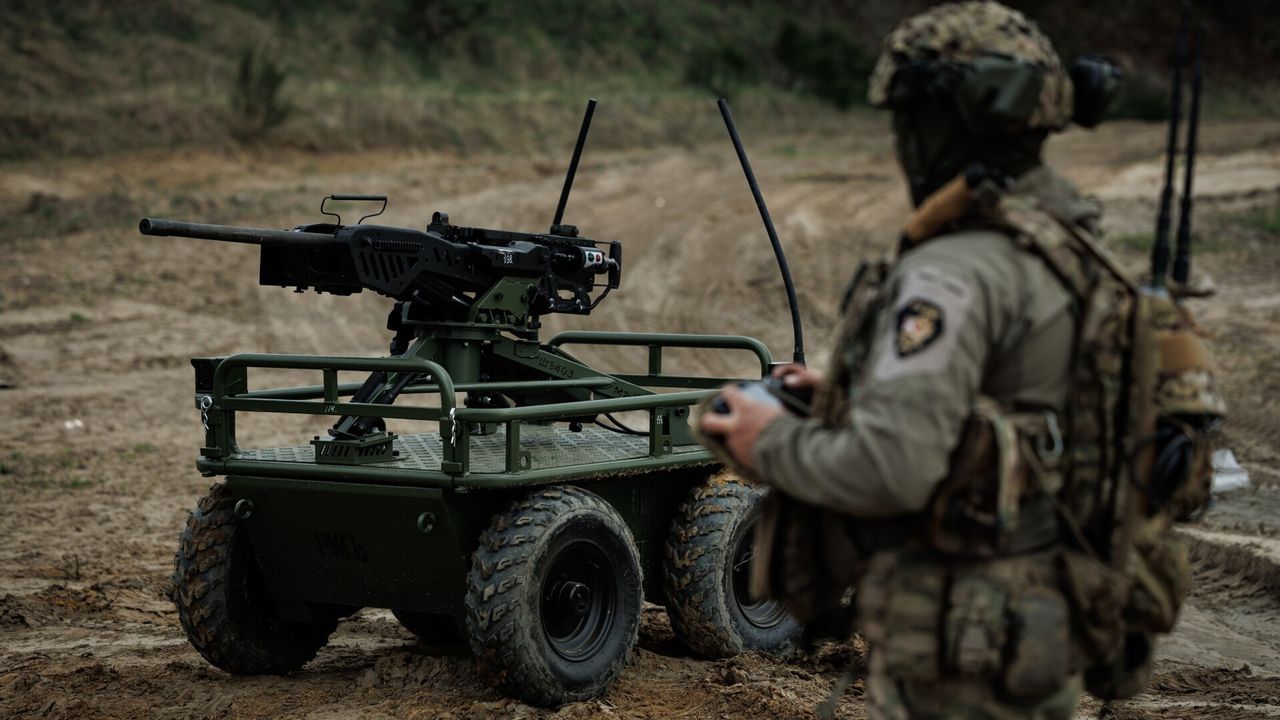A new robotic assistant, the NEO, is set to launch in 2026, but it comes with a significant caveat: it requires human supervision to operate. Priced at $20,000, this innovative product from Palo Alto-based startup 1X aims to alleviate household chores, although its functionality raises questions about convenience and privacy.
The NEO is currently available for preorder, with a $200 deposit required to secure a spot. Customers can choose between a subscription model at $499 per month or a one-time purchase price. Weighing 66 pounds and measuring five feet six inches tall, the robot is designed with a soft, fabric exterior and a range of earthy colors, including tan, gray, and dark brown.
Founded by Norwegian entrepreneur Bernt Børnich, 1X aims to create a more approachable robotic assistant. Børnich expressed his desire to move away from the typical “hard, dark, sci-fi future” associated with many current robotics technologies. Instead, the NEO is intended to offer a friendlier experience, albeit one that relies heavily on remote human operators.
Remote Operation and Data Collection
The NEO operates through an application that allows users to schedule tasks. However, this means that tasks will be executed by remote workers, raising concerns about privacy as these individuals will have access to users’ homes. “If we don’t have your data, we can’t make the product better,” Børnich stated in an interview with the Wall Street Journal. The robot will also collect data from users’ environments to improve its AI capabilities, with the hope of achieving greater autonomy over time.
Despite the excitement surrounding the NEO, industry experts highlight the challenges that remain in humanoid robotics. According to tech and business journalist Michael Hiltzik, even advanced robots struggle with basic tasks, such as navigating complex home environments or handling fragile items safely. This raises doubts about the practicality of the NEO as a household assistant.
The Future of Humanoid Robotics
Projects like the NEO and Tesla’s Optimus emphasize the industry’s potential but also its current limitations. While advancements in industrial robotics progress rapidly, the field of humanoid robotics appears to be more focused on generating hype than solving real consumer problems. As such, the quest for a fully autonomous robot capable of managing household chores remains distant.
For the time being, individuals seeking assistance with daily tasks may find that relying on human help is still the most effective solution. As the NEO prepares to enter the market, it serves as a reminder that while technological innovation continues to evolve, the dream of a fully autonomous robot butler remains just that—a dream for now.







